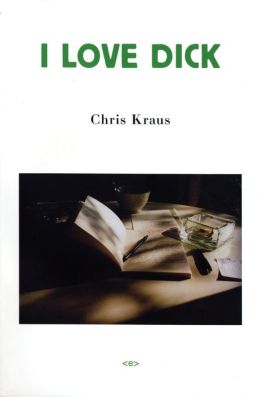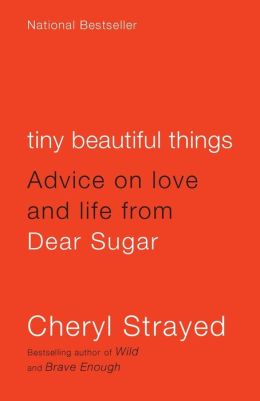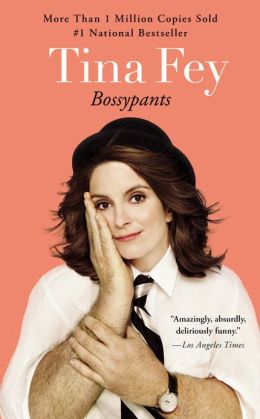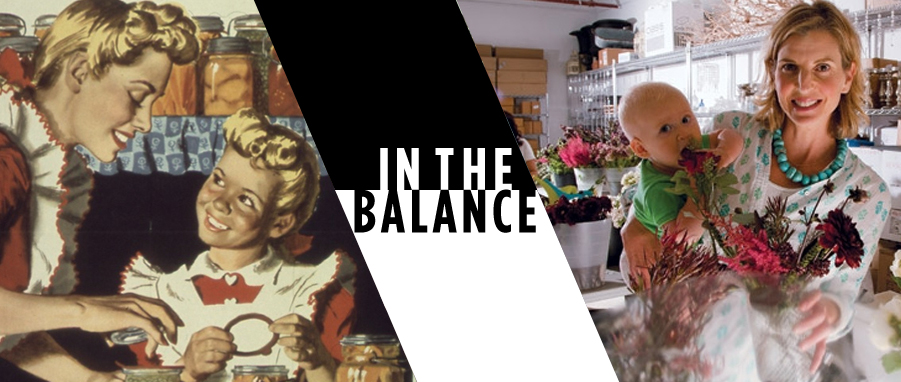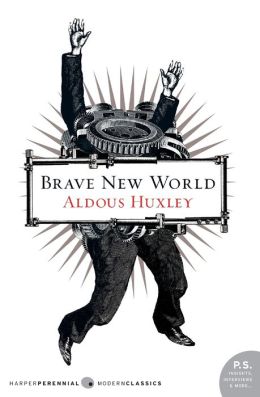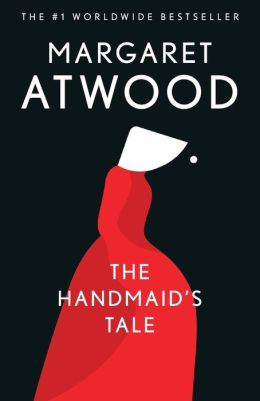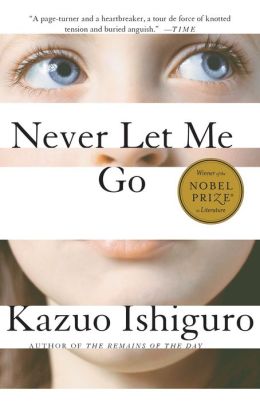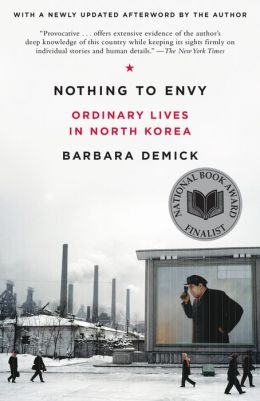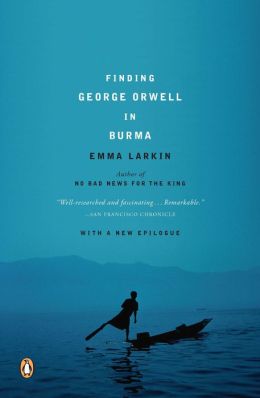There are always questions. There are no definite answers. Simple and peaceful, yet anxiety-provoking thoughts that Cheri Lucas shares in her blog post on collective memory and joy.
As I look forward at the next few months and the end of my formal education, I imagine joy-filled moments with friends, explorations of a city I have yet to truly give my heart to, and dedication to newly emerging passions and people. And, then, graduation, followed by the extending void of the rest of my life. Various years ago, as college ended, I knew I would live abroad at some point; when I lived abroad I knew I would go to graduate school. And, that is where the plan ended. My ten year old routine of setting goals for the new year, slipped between my fingers in January, as I couldn’t envision the next step. The feeling: true uncertainty.
Uncertainty is one of those mixed emotion words. It inspires youth, risk-taking, adventure-seeking, chance, and jumping in head-first. Its less satisfying other side, provokes anxiety and worry, stalling forward momentum. However, there is no escaping either side, as my thoughtful friends gently remind me, almost everything in life is uncertain. Someone, clearly more comfortable with uncertainty than myself, stated “uncertainty touches the best of what is human in us.” I feel it grabbing at what is most human about me, but perhaps not always the best part.
So, I posed the question to my community, asking how they handle uncertainty?
The response echoes both love and frustration with uncertainty. People both thrive on it and run and hide from it. One friend distilled the moment of power found in uncertainty, drawing from it a sense of self situated in the present. The past is past and the future is not-yet-known. C’s words powerfully bring comfort into the daily experience;
“Life is always like this---every single moment is filled with some sense of uncertainty because we don't know what will happen one second from now. . . but the more you can practice being in the present moment and letting go of both of these things, the more well equipped you are to handle times of "uncertainty" because you are actually accustomed to living your life riding the constant wave of uncertainty. Perhaps more important is to just accept this uncertainty because that is the nature of things. . . Really, the only thing we ever have is this exact moment. Our own minds get in the way of attaching absolute truth to either the past or future . . . to live in the present moment is to acknowledge that the only thing we have in uncertainty. . . the only choice we have is to experience each moment---both joyous and sad---as it unfolds.”
J shared a quote inspiring a sense of inner peace;
“I beg you, to have patience with everything unresolved in your heart and to try to love the questions themselves as if they were locked rooms or books written in a very foreign language. Don’t search for the answers, which could not be given to you now, because you would not be able to live them. And the point is to live everything. Live the questions now. Perhaps then, someday far in the future, you will gradually, without even noticing it, live your way into the answer.” – Rainer Marie Rilke, Letters to a Young Poet
And, A, always practical;
“I tend to simply acknowledge that [the uncertainty], more often than not, I don't have answers and don't know what will happen, and attempt to just do what feels right at the moment.”
And, E, who strives for comfort with uncertainty:
“Uncertainty is the world of infinite possibility. Once you are certain, you are much more limited.”
Uncertainty inspires a certain leap-of-faith, of leaning into the unknown and taking a chance. Our faith in being happy, healing, and loved in the future depends on our comfort with taking this step. And, yet, as Cheri concludes in her post, “this shared uncertainty is comforting.” Perhaps, it is what ties us together as humans. Perhaps this why it comforts me to understand how my community loves and equally dislikes uncertainty.
In other places, lives, and selves abroad, constantly in transition, uncertainty colored every moment, experience, and relationship. Nights seemed endless, conversations deeply meaningful, and bonds stronger---in essence a sense of power in youthful flashes of self-discovery. Yet, the moments were at times root-less, and I felt the uncertainty needing a rest. I dreamed of graduate school as a place where I could hang uncertainty up in the closet for a few years and settle into community and a more predictable life. Yet, the fun-inspiring side of uncertainty slowly shifted as the future-focused anxiety seeped out of the closet.
Other friends wrote of the challenging side of uncertainty, the side that we are all aware of;
“. . . this is something I have been working on my whole life. There were and still are times when it makes me physically ill and totally unable to cope. . .I try to control the things I can. . .I always find it very comforting to organize my drawers.”
. . .
“I wrap myself into the fetal position until I find a new way of framing the situation so I can handle it.”
. . .
“I simply try to avoid it.” [end of email]
The emails from friends confirmed my suspicions that there is no right way to handle uncertainty, just the way that works for each individual. It can be scary, dark, and lonely.
Once you begin paying attention to uncertainty, it permeates everything, from over-heard conversations in coffee shops, to secrets friends share, and even to the conclusions of academic articles for class on how people handle uncertainty;
“People’s willingness to act depends on how knowledgeable they are/feel; however in most contexts individuals must act based on predictions.”
It seems obvious, of course that as humans we act based on predictions. What are the other options? The article seeks to explain types of actions people will take based on their knowledge of the outcome. In a world, where knowledge of the outcome is more of a desire than a reality, our decision-making is rooted in our prediction.
We are left with the leap-of-faith and creating positive predictions that allow us to take the risk---apply for the job, ask the girl out, plan that trip, make the move, and whatever uncertain plans you have. Leaning into uncertainty is a sense of freedom that makes us human and calls us to trust ourselves.






